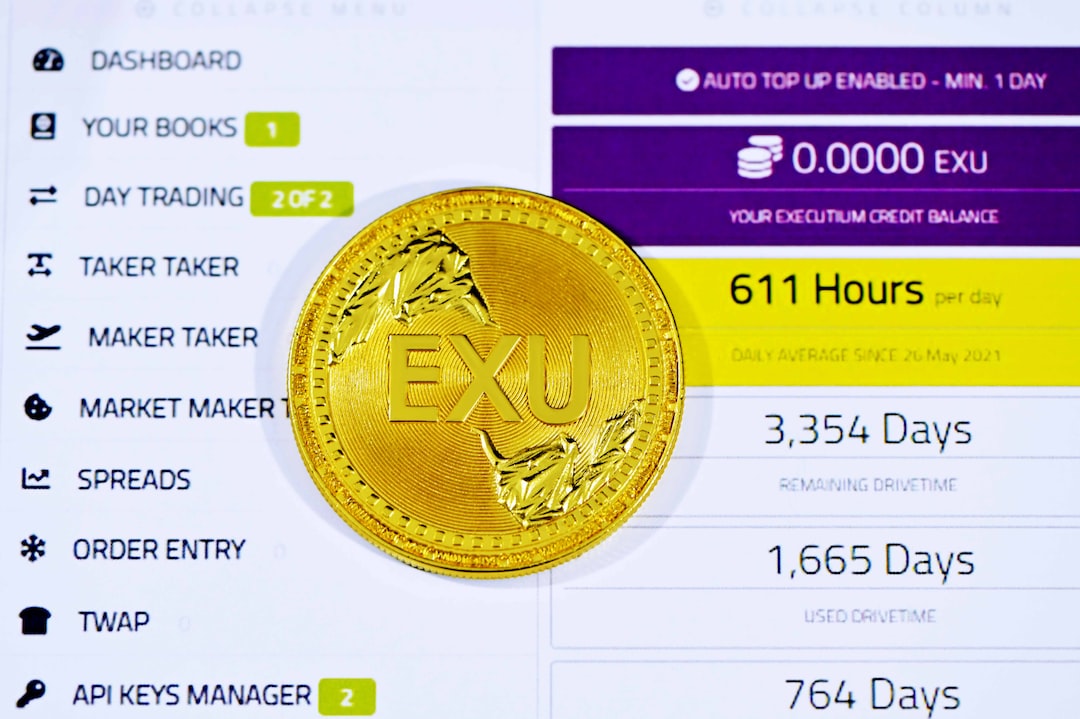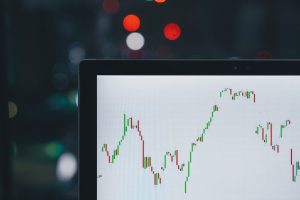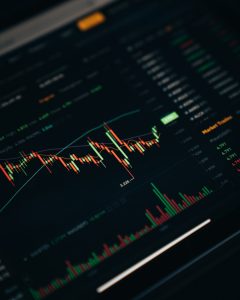Forex, or foreign exchange trading, is the process of buying and selling currencies from different countries in order to make a profit. Forex trading has become increasingly popular in recent years, with many people turning to this form of investment as a way to make money. However, like any other form of investment, forex trading is subject to taxation. In this article, we will discuss the tax rate on forex income and everything you need to know about it.
Forex trading is considered to be a form of investment, and as such, it is subject to taxation. The tax rate on forex income depends on a few different factors, including the country you are trading from, the amount of profit you are making, and the type of forex trading you are engaging in.
In the United States, forex trading is taxed as capital gains or losses. This means that any profits you make from forex trading are subject to capital gains tax, while any losses you incur can be deducted from your taxable income. The tax rate on capital gains in the United States ranges from 0% to 20%, depending on your income level. If you are in the highest tax bracket, you will pay a 20% tax on your capital gains.
The tax rate on forex income in other countries may be different. In the United Kingdom, for example, forex trading is taxed as income tax. This means that any profits you make from forex trading are subject to income tax, which ranges from 20% to 45%, depending on your income level. In Australia, forex trading is taxed as capital gains tax, with a tax rate of 50%.
It is important to note that the tax rate on forex income may also depend on the type of forex trading you are engaging in. There are two main types of forex trading – spot forex and forex futures. Spot forex trading involves buying and selling currencies in the spot market, while forex futures trading involves buying and selling currency futures contracts.
The tax rate on spot forex trading is generally lower than the tax rate on forex futures trading. This is because spot forex trading is considered to be a form of investment, while forex futures trading is considered to be a form of speculation. The tax rate on forex futures trading may also be higher because it involves trading on margin, which can be riskier than spot forex trading.
In addition to the tax rate on forex income, there are also other taxes and fees associated with forex trading. For example, in the United States, forex traders may be subject to the Foreign Account Tax Compliance Act (FATCA), which requires foreign financial institutions to report information about U.S. account holders to the Internal Revenue Service (IRS). Forex traders may also be subject to fees charged by their forex broker, such as spread fees or commission fees.
In conclusion, the tax rate on forex income depends on a few different factors, including the country you are trading from, the amount of profit you are making, and the type of forex trading you are engaging in. It is important to understand the tax implications of forex trading before you start trading, so that you can minimize your tax liability and maximize your profits.






